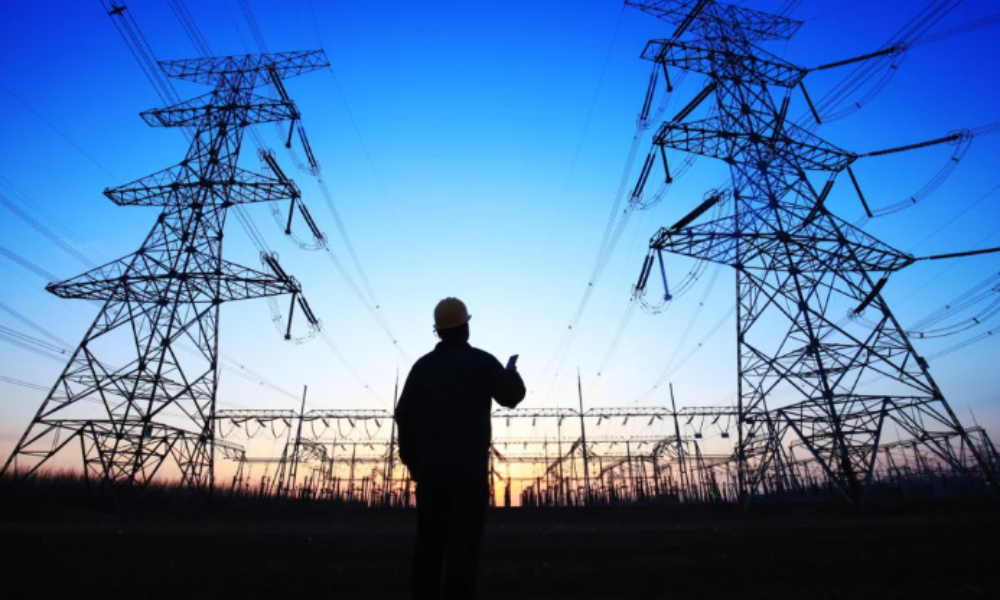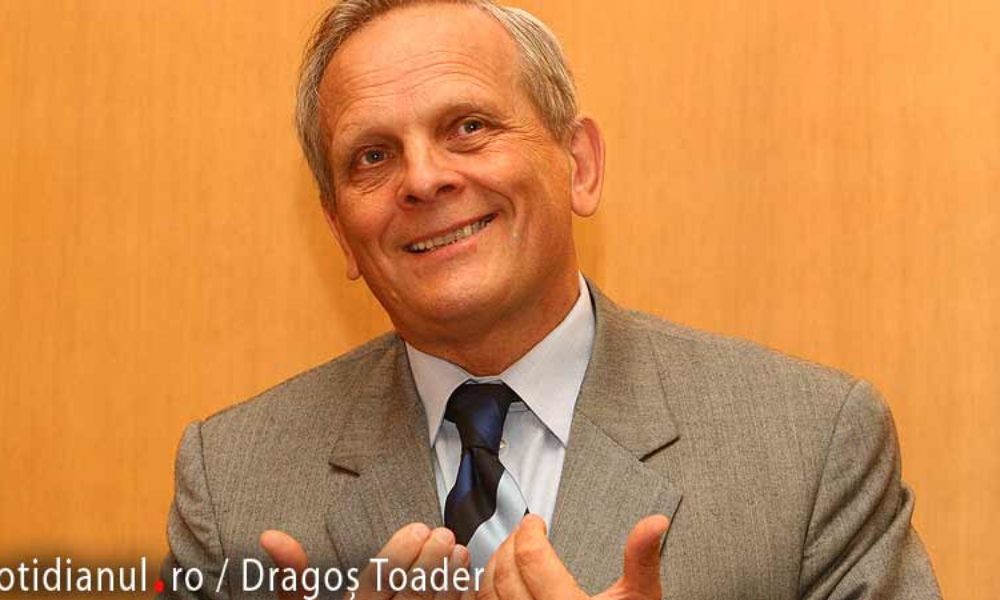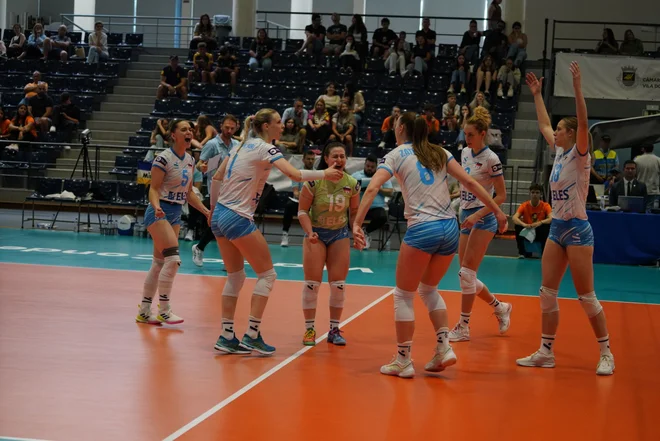Energy companies condition investments in raising rates

The companies in the energy sector in Romania have conditioned the creation of essential investments in the distribution infrastructure to increase the tariffs paid by consumers, said the president of the National Energy Regulatory Authority (ANRE), George Niculescu. These statements come in a context in which the Romanian energy sector are facing a chronic investment lack, and utility companies request the adjustment of the tariffs to cover the costs necessary to modernize the electricity and gas networks.
The Federation of Associations of Energy Utility Companies (ACUE) has recently presented a study that underlines the urgent need for investment in distribution networks, estimated at about 1.5 billion euros per year. According to the study, stimulating these investments could bring an annual economic impact of up to 10.6 billion euros and would contribute to improving Romania’s energy security, aligning with EU strategies and increasing the country’s attractiveness in strategic sectors.
In contrast, energy companies demand that these investments be reflected in an increase in the rate of return approved by ANRE, from 6.94% to 9%. This would, implicitly, increase the distribution tariffs, which would mean an additional cost for consumers: an increase of 0.05 money per KWH for domestic consumers, which would mean about 5 lei on the electricity invoice and 8 lei per gas invoice. Non-casual consumers would pay an extra similar percentage.
President of ANRE, George Niculescu, stressed that although investments in energy infrastructure are essential, the problem remains the balance between the need for these investments and the financial impact on consumers. In recent years, the authority has received more and more clarification requests from the big industrial consumers, which challenge the increases of distribution tariffs and demand explanations regarding their high level. Niculescu stressed that ANRE must find a solution to respond to the need for investments, but also take into account the financial sustainability of consumers.
« Investments are essential, but we are talking about a conditioning of raising the tariffs, which is not sustainable in the long term. Increasing the rate of return will obviously lead to increased distribution rates. And there is nothing for free, anyone will pay this growth, » said Niculescu. He also noted that the study presented by Acue does not take into account the impact of these increases on inflation, a factor that could further aggravate the economic situation.
In reply, Dana Dărăban, executive director of Acue, criticized the statements that suggest that investments in the energy sector should be conditioned by raising the tariffs, qualifying them as « political poetry ». She stressed that without these investments, consumers will get to pay much more in the long term, because the lack of investments in infrastructure will lead to low networks and higher operating costs.
« Without these investments, we will reach a much more serious situation, and the costs will be much higher for consumers. Investments in distribution are, in fact, for consumers, because they provide a correct and sustainable long-term price. In contrast, the fare clapping policy hides additional costs, which will be transferred to consumers in the future, » explained Dărăban.
In conclusion, the dilemma between the necessity of investments in the energy infrastructure and the increase of consumers tariffs remains unresolved. Although the energy sector in Romania requires modernization and alignment to European standards, any adjustment of the tariffs must be done with great care in order not to put additional pressure on the population and the economy. Energy companies need resources to invest in infrastructure, but it is essential that these costs are properly managed and do not disproportionately affect final consumers.






